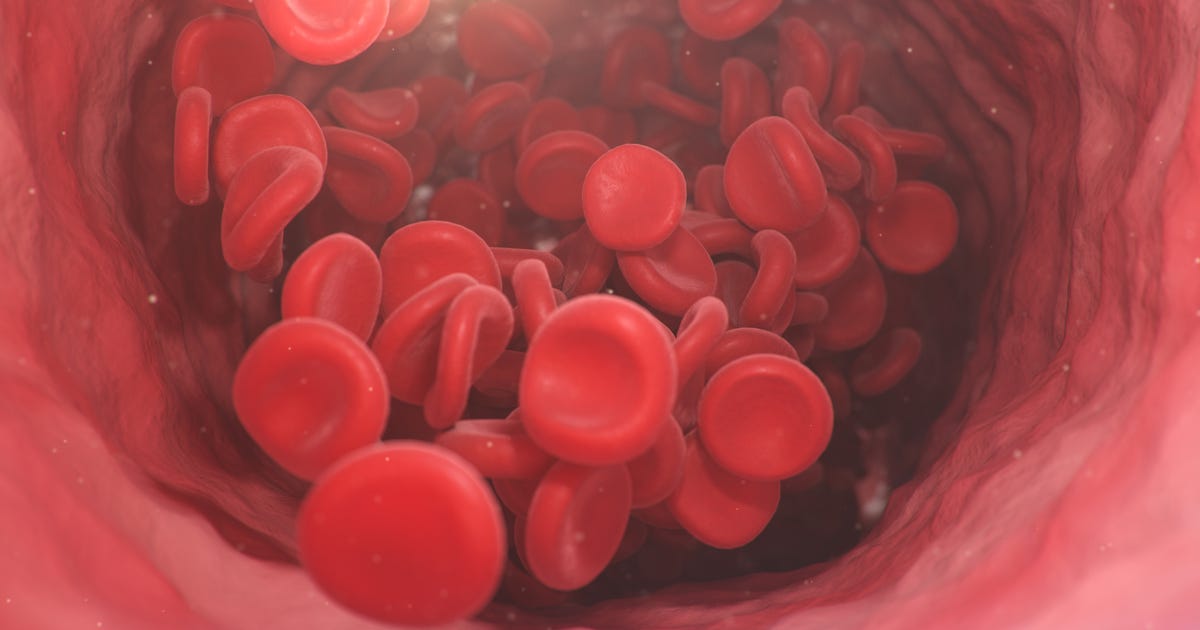
Jun 26, 2022
1 min, 29 secs
People with type O blood may get sicker with cholera, for example, while people with type A or B blood may be more likely to experience blood clotting issues.People with type O blood may have a lower risk of cardiovascular events.People with type A, type B or type AB blood are more likely than people with type O to have a heart attack or experience heart failure, according to the American Heart Association. .While the increased risk is small (types A or B had a combined 8% higher risk of heart attack and 10% increased risk of heart failure, according to one large study) the difference in blood clotting rates is much higher, per the AHA.
People in the same study with type A and B blood were 51% more likely to develop deep vein thrombosis and 47% more likely to develop a pulmonary embolism, which are severe blood clotting disorders which can also increase the risk of heart failure.
A reason for this increased risk, according to Guggenheim, might have to do with inflammation that happens in the bodies of people with type A, type B or type AB blood.The proteins present in type A and type B blood may cause more "blockage" or "thickening" in the veins and arteries, leading to an increased risk of clotting and heart disease. .
Guggenheim also thinks this may describe the anecdotal (but currently inconclusive) decrease in risk of severe COVID-19 disease in people with type O blood, which has inspired research.People with type O blood enjoy a slightly lower risk of heart disease and blood clotting, but they may be more susceptible to hemorrhaging or bleeding disordersOther research has found people with type AB blood might be at an increased risk for cognitive impairment when compared to people with type O